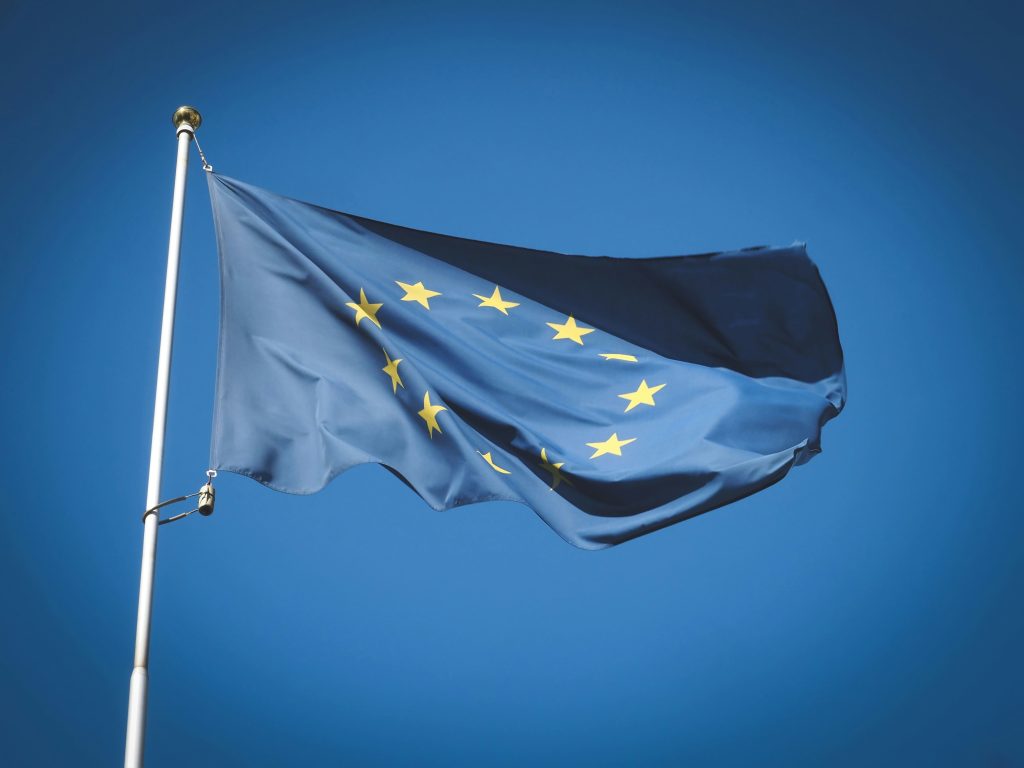Policy Paper
25/04/17Defending Europe to defend real sovereignty

The presidential campaign in France illustrates the extent to which the central issues of the debate all have a dimension which is at least as European as it is national: economic uncertainty, terrorism, migration crisis, climate challenge, rise in populist and extremist discourse, the role of France and Europe in the new global “disorder”.
In this Policy Paper, Thierry Chopin, research director of the Fondation Robert Schuman, analyses the need of a clear political project, without going back to the “Europe of the past” and without coming to terms with national retrenchment.
- The ineffective and perilous gamble of going back to the “Europe of the past” The European Union is facing major challenges (financial and economic crisis, terrorism, migration crisis, Brexit, rise in populism and extremism) which expose its weaknesses, in particular in several sovereign areas. In-depth reforms are necessary, and national retrenchment will bring about more new problems rather than real solutions.
- “Sovereign Europe”: a new political project for the EU After peace and the market, the current European situation involves putting forward a clear political message on what the EU’s foundations are and its legitimacy in dealing with the present challenges. This means identifying the collective objectives that unify Europeans, and the common interests and goods that require common action (currency, financial stability, control of the EU’s external borders, foreign and security policy, etc.). In these areas, the EU and its member states must jointly exercise sovereign powers. Coordination of member states’ resources must be enhanced in order to tackle the current challenges, both on a European level (justice, police, intelligence, the fight against terrorism) and an international level (diplomacy, defence).
- The importance of the method: working towards a “differentiated” Europe Given the joint exercise of sovereign prerogatives that this project implies, it is not likely that it could bring together all EU member states, at least not initially. All future EU policies cannot concern all member states in the same way, which must result in cooperation being negotiated between States in order to make progress in certain areas. This is what the “differentiated” Europe project proposes.
Differentiation is, however, criticised and may give rise to some risks if deployed poorly. It is therefore of the utmost importance to ensure that differentiated integration is an open process and that, should it be subject to conditions (as is participation in the Eurozone), this is legitimate and transparent.




